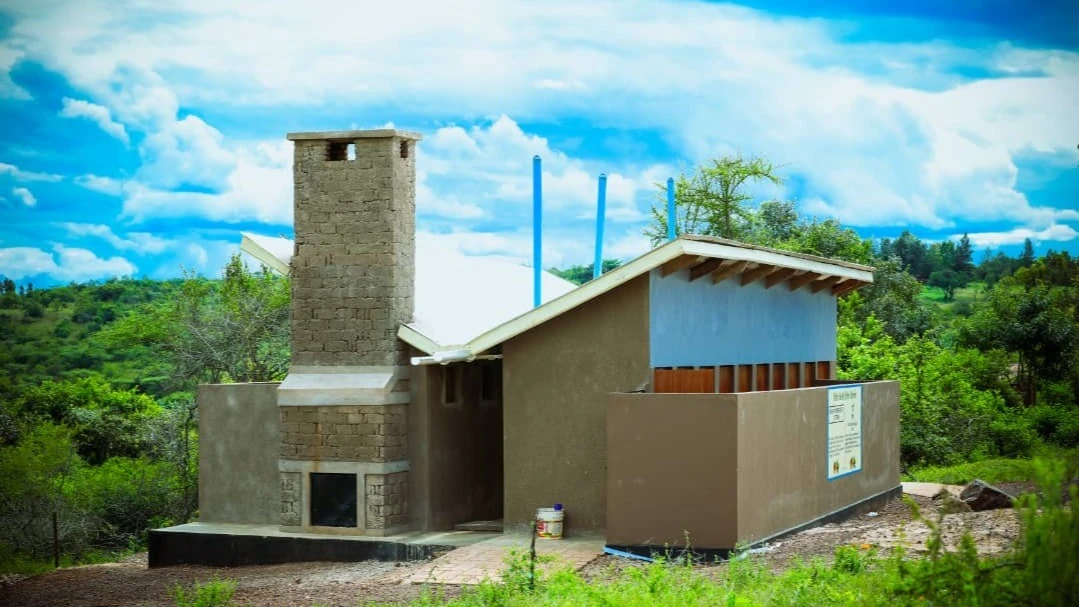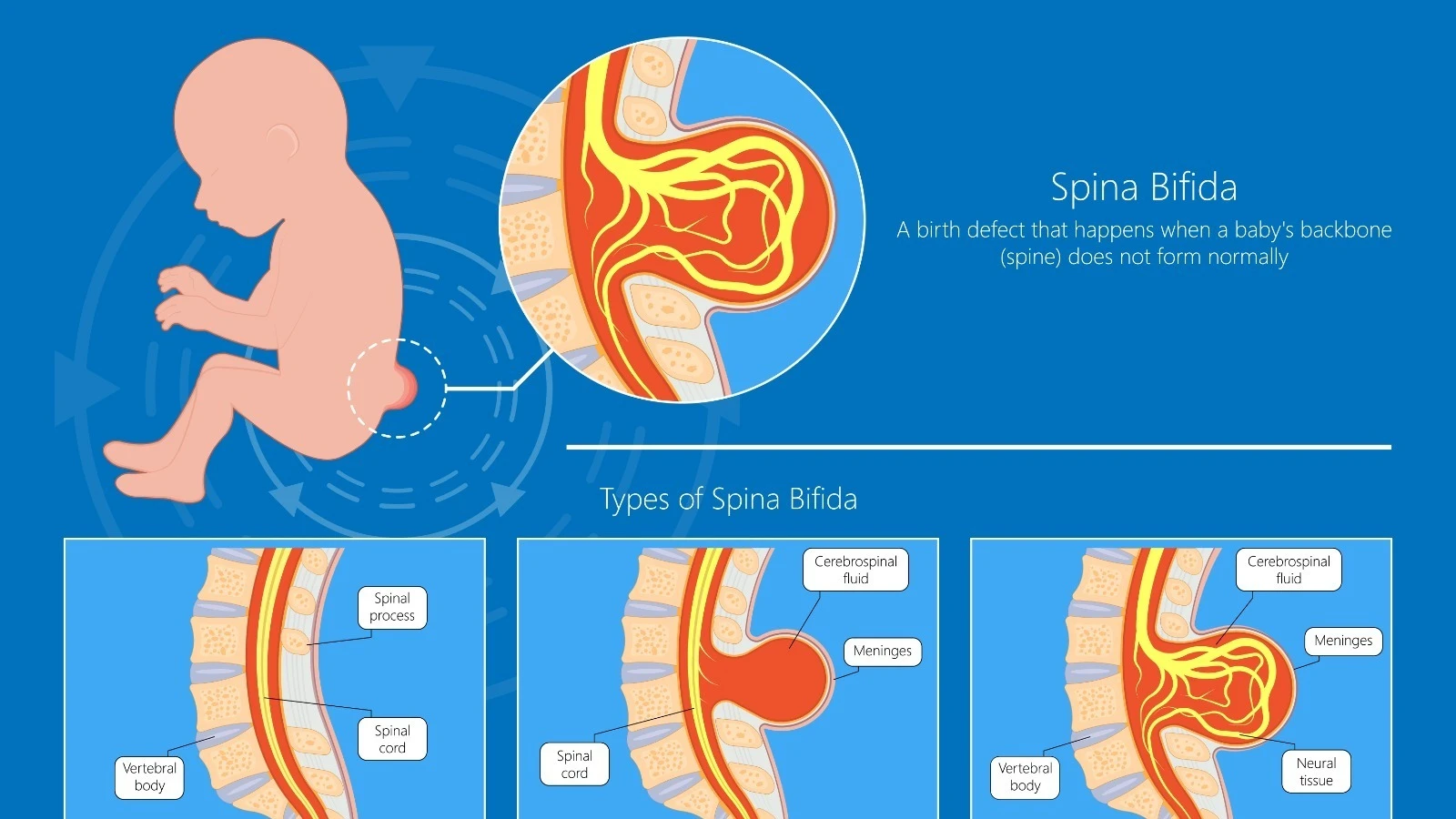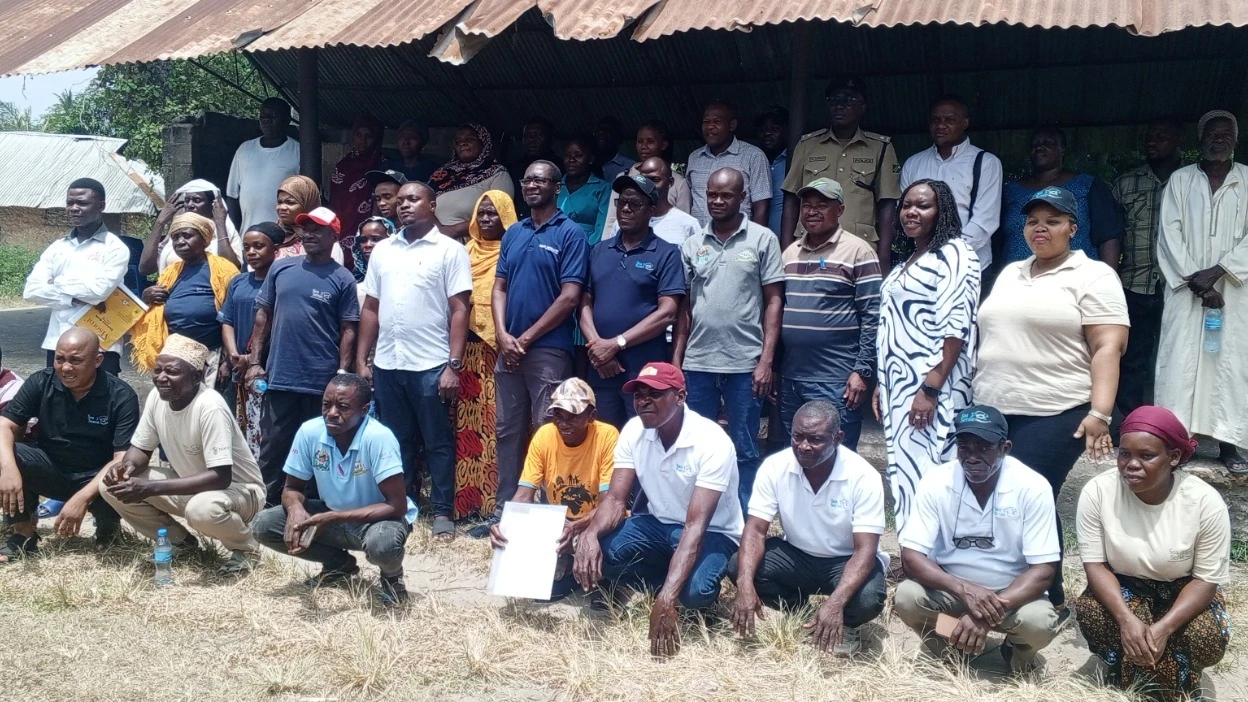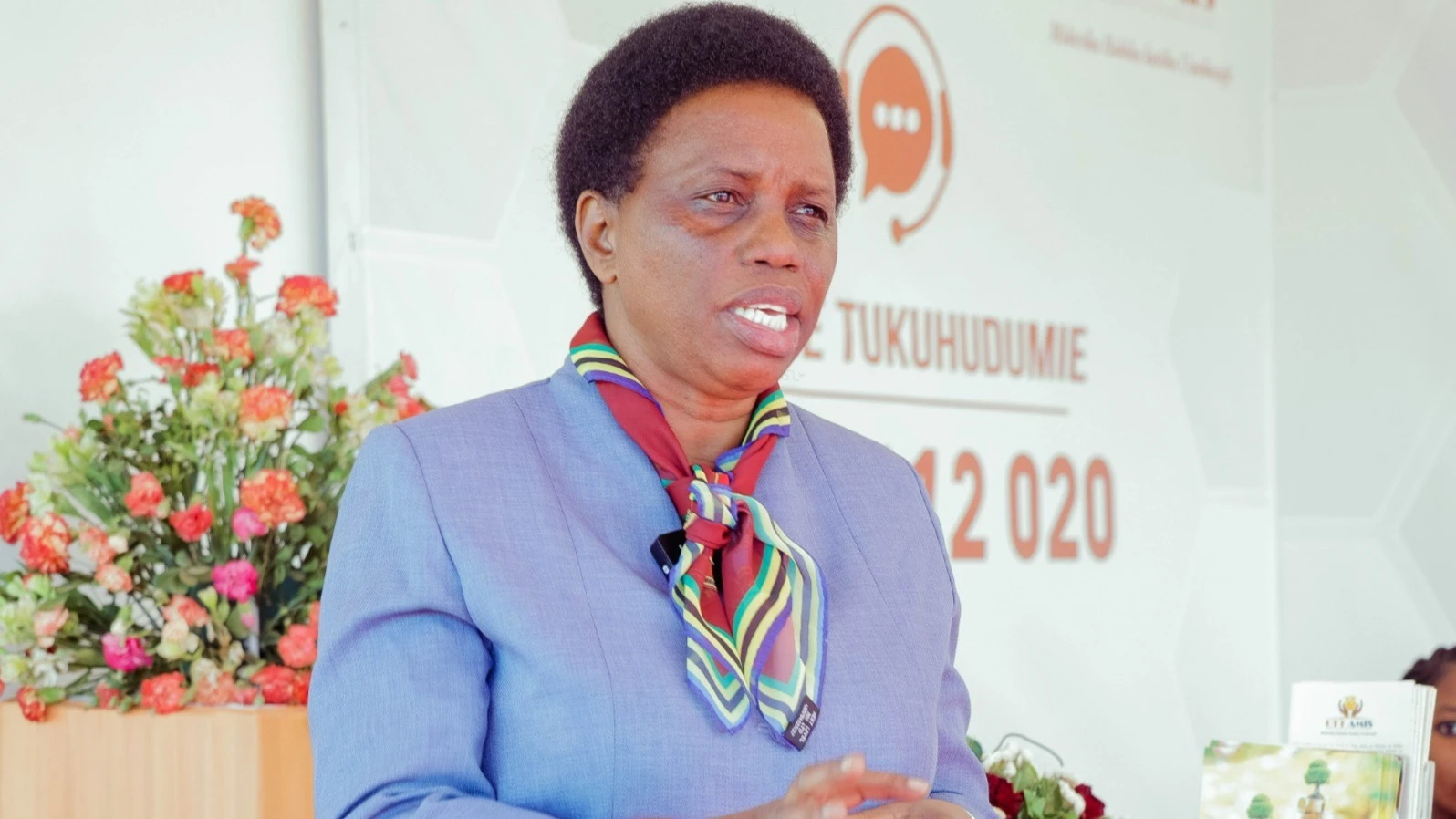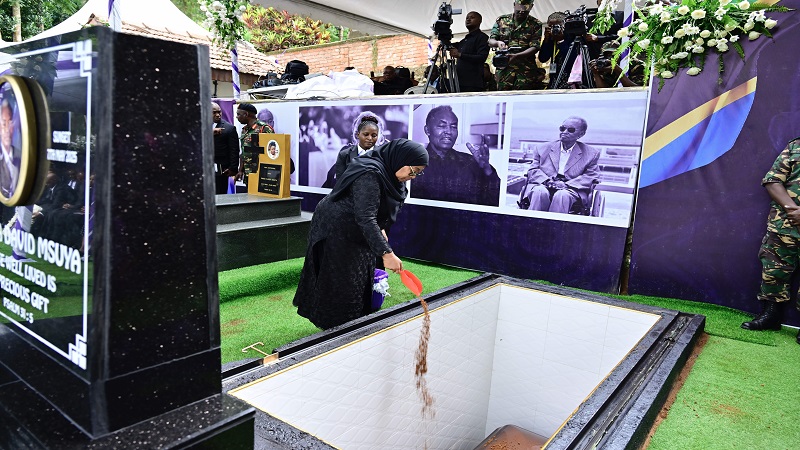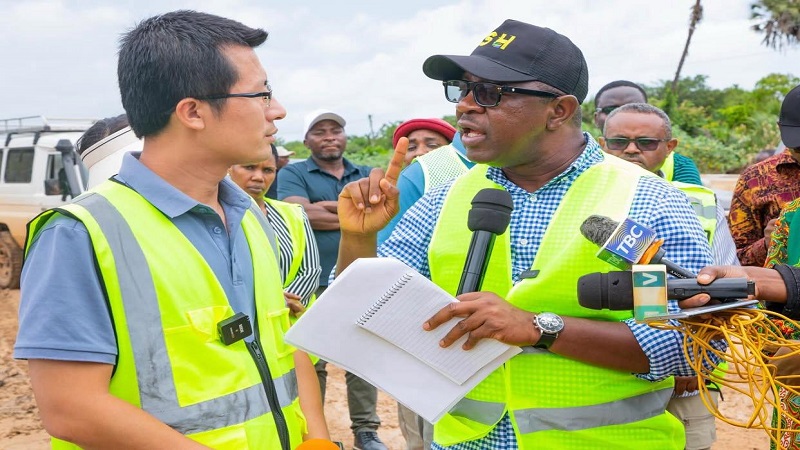Chema primary school gets major boost with new classrooms, sanitation facilities
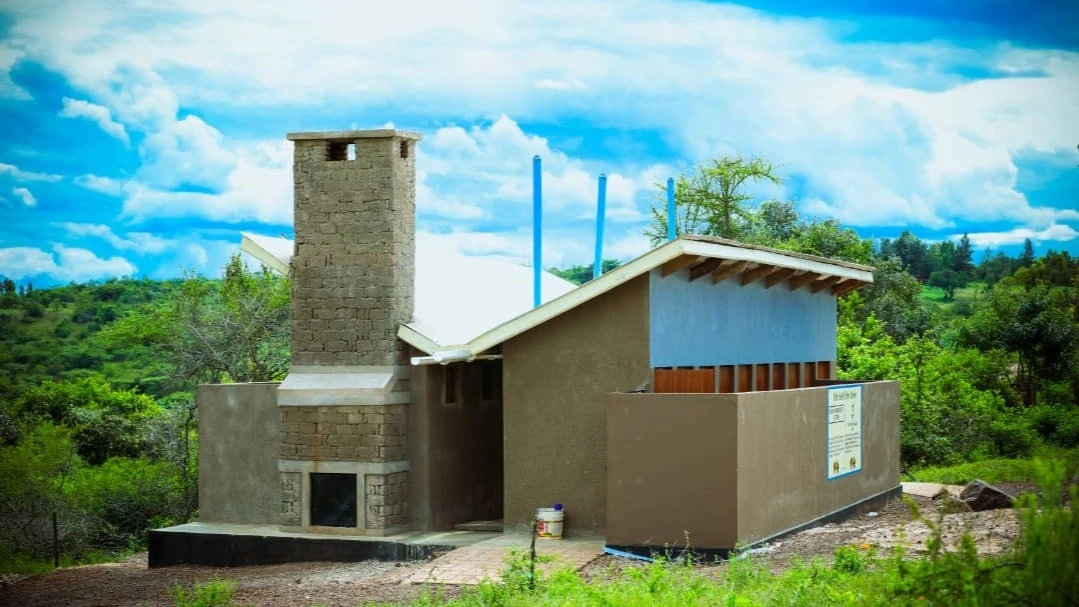
OVER 400 pupils of Chema primary school in Nyakabanga ward, Karagwe District in Kagera Region are set to benefit from newly constructed classrooms and 20 modern toilet pits.
The new facilities worth over 85m/- have been constructed by a local organization—Kinda Education Support (KESU) with support from a German-based philanthropist, Helmut Schreyer, from the Swiss Seaside Foundation together with Robert Und Renate Rath Stiftung.
“The new infrastructures are a major boost to the school, established in 2003 with only three classes. This creates a conducive learning environment for pupils,” said the school head teacher, Evodius Constantine.
He was speaking during the handover ceremony held at the school’s compounds over the weekend. According to him, the two new classes will make the school have a total of eight classrooms, in addition to three classes built in 2020.
The new classes are fully furnished with 30 desks each and teachers’ tables and chairs, he added
The Kagera Region Assistant Administrative Secretary, Bwai Biseko, hailed KESU management for the efforts, which he said have elevated education quality in Kagera Region.
“We commend you for this valuable assistance for the people of Nyakabanga,” noted Biseko.
Some interviewed pupils said one of the classes used to turn into a lake during the rainy season, noting with the new classes and furnished old ones, things are now better compared to the previous period when pupils struggled with limited toilet pits.
KESU Programme Manager, Lameck Kiula, thanked the partners for the support of the project, which is among the first to be implemented and handed in Kagera Region by the organization.
According to him, the other 21 classes are being built in different schools with infrastructure challenges in five districts in the same region. The districts with several ongoing projects include Biharamulo district (4 classes); Misenyi district (5); Bukoba District Council (7); Kyerwa (2), and Muleba (3).
The 20 VIP toilets for semi-dry areas have been built to serve areas with water availability challenges, hence ensuring maximum hygiene for pupils, he said, adding: “Of the 20 toilets, one room is for pupils with disability while another room is reserved for girls' menstrual hygiene management fitted with cupboards, a mirror, soap, clean water, menstrual towels, and an incinerator.”
Kiula said the ongoing infrastructure development for this year in the five districts will be funded by 60 percent by KESU, 10 percent by the respective communities and 30 percent by the government.
To ensure the sustainability of the new infrastructure in Chema Primary School, KESU organized a project sustainability seminar in Nyakabanga in March this year for local leaders, school committee leaders, and some pupils.
Kiula said: “We wanted to instill in the beneficiaries that the initiative belongs to them and they have a responsibility to make it sustainable.”
The sustainability programme emphasized menstrual hygiene management and responsibilities of parents to be fully liable toward both a girl and a boy child.
The programme also emphasized environmental matters, where the schools were encouraged to plant trees for fruit, with emphasis on coffee plantations for the schools’ money generation. Similar seminars will be held in other schools in the five districts.
KESU focuses on three strategic pillars that drive change: infrastructure and learning environment, education and learning support, and gender equality support for vulnerable groups.
Top Headlines
© 2025 IPPMEDIA.COM. ALL RIGHTS RESERVED








